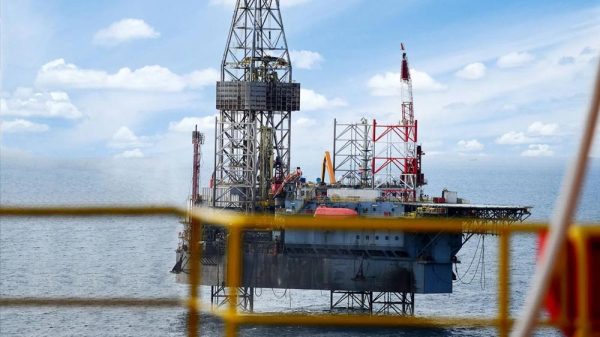The World Bank has issued a stark warning about the potential consequences of a spreading Mideast war on global energy prices. In their semiannual Global Economic Prospects report, the World Bank highlighted the risks posed by ongoing conflicts in Ukraine and the Middle East, alongside the sluggish recovery from the pandemic. The report projected a continued slowdown in global economic growth, with a particular focus on the potential impact of escalating tensions in the region.
Uncertainty Looms
The World Bank’s report emphasized the heightened uncertainty surrounding global economic forecasts due to multiple factors. The wars in Ukraine and the Middle East, along with a weakened Chinese economy and the increasing risks of natural disasters caused by climate change, were cited as significant challenges. These combined crises are poised to make the next decade the weakest period of growth in 30 years, leaving the world facing a “wasted opportunity.”
Geopolitical Risks and Energy Prices
The recent conflict between Israel and Hamas in Gaza has the potential to escalate into a broader conflict, which could have significant implications for global energy prices. The World Bank warned that conflict escalation in the Middle East could lead to surging energy prices, impacting global economic activity and fueling inflation. The report highlighted the interconnectedness of geopolitical risks and energy markets, as any disruption in oil supply or transportation routes could have far-reaching consequences.
Houthi Attacks and Shipping Routes
The World Bank also noted that recent drone and missile attacks by the Iranian-backed Houthi militia in the Red Sea have already affected international commerce. These attacks have pushed up oil prices, freight costs, and insurance rates. As a result, maritime traffic has been diverted to longer and costlier routes around Africa. While economists suggest that these disruptions are unlikely to cause a global resurgence of inflation, they caution that a broader regional conflict could pose inflationary risks.
China’s Economic Weakness
In addition to geopolitical concerns, the World Bank’s report highlighted lingering weaknesses in China’s economy, particularly in its property sector and consumer spending. The Chinese economy, the world’s second-largest, is expected to continue underperforming this year. This slowdown could have adverse effects on China’s trading partners in Asia, adding further headwinds to global economic growth.
Euro Area and United States Outlook
The World Bank’s projections also indicate another year of weak output for both the euro area and the United States. The euro area is expected to experience a modest increase in economic growth, while the United States is projected to face a slowdown. Elevated interest rates, reduced government spending, and economic and political uncertainty surrounding the 2024 election are cited as contributing factors to the U.S. slowdown.











